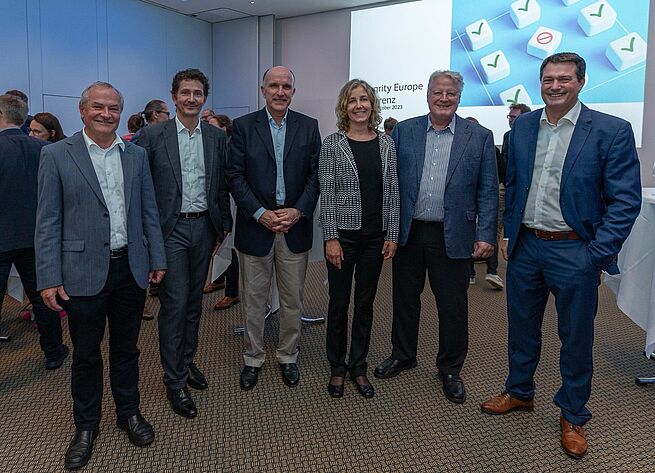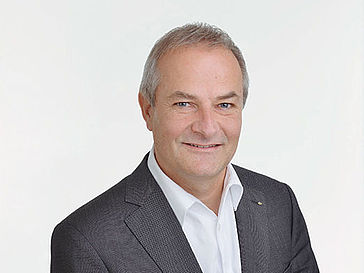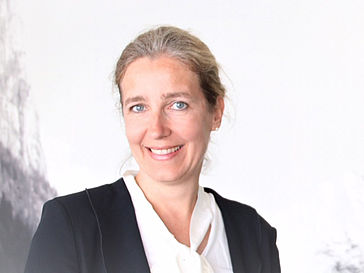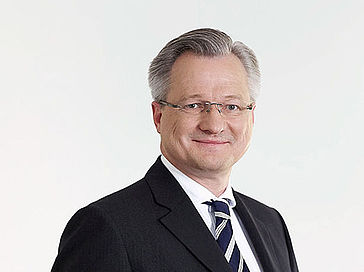In 2017, KBA Swiss Holding and Koenig & Bauer Banknote Solutions, the former KBA-NotaSys, established an internal special reserve under the name "Integrity Reserve". This Reserve was funded with a total amount EUR 5 Mio. For communication reasons, the Integrity Reserve was later renamed by KBA-NotaSys Integrity Fund.
The purpose of the Integrity Fund was to promote ethical conduct, transparency and compliance, in particular in the security and banknote printing industry. Within five years, the available amount of EUR 5 Mio had to be spent on projects that fulfill the above-mentioned purpose.
The Integrity Fund was managed by a Management Board consisting of three members, a president and two ordinary members, who could not be employees or former employees of Koenig & Bauer Group. The Management Board had full discretion in deciding on the projects. Therefore, they decided to achieve the purpose of the Integrity Fund. The decisions were final and appropriate internal processes ensured the independence of the Management Board.
The Management Board invited universities, associations and other not profit-oriented institutions to submit project applications. Over all, there were submitted more than 90 project ideas and proposals, out of which until end of 2021 a number of 42 projects have been approved.
As many projects were financed step by step, the termination of the Integrity Fund was extended until the end of 2023. In 2023, the funds remaining after completion of most of the projects were used for two final projects: The Lucerne University of Applied Sciences and Arts (HSLU) was asked to organise an Integrity Europe conference on October 26-27, 2023. This was also the official final event of the Integrity Fund. Thanks to the positive feedbacks, the final remaining funds were made available to the Lucerne University of Applied Sciences and Arts (HSLU) and Ethics and compliance Switzerland (ECS) to organise one or more further conferences in 2024 and 2025 with the purpose to enable a dialogue between academia and practice.
At the end of 2023 the Integrity fund was officially closed and there is no more possibility to submit any applications.
For further information: christoph.lengwiler(at)integrityfund.ch




